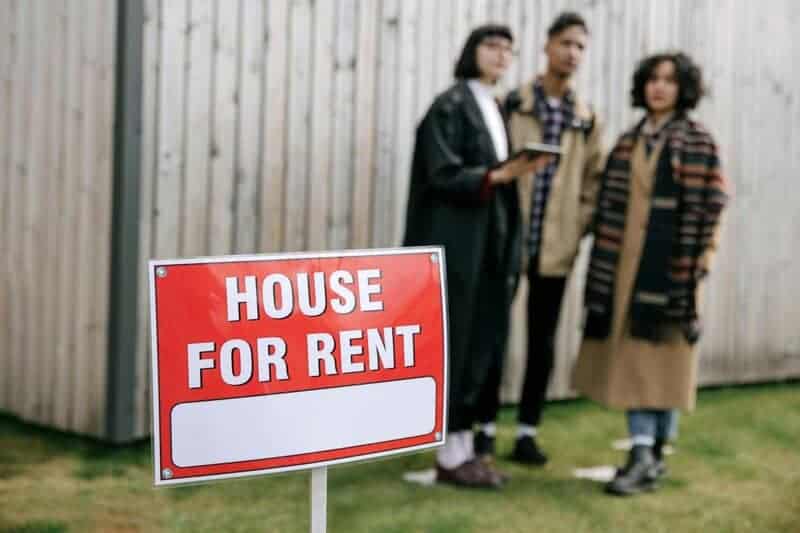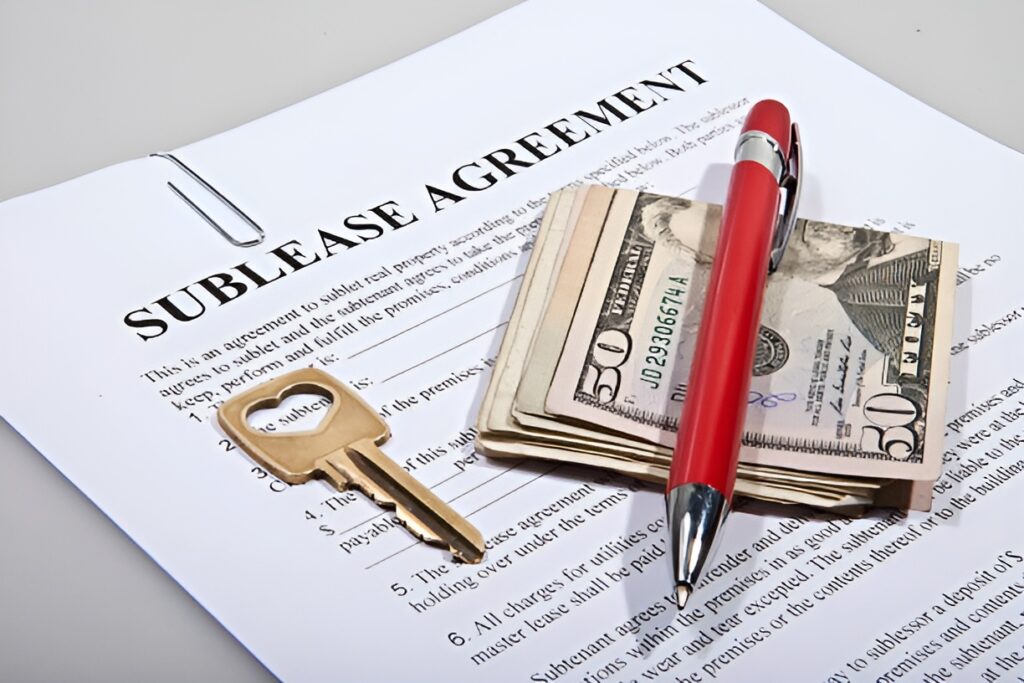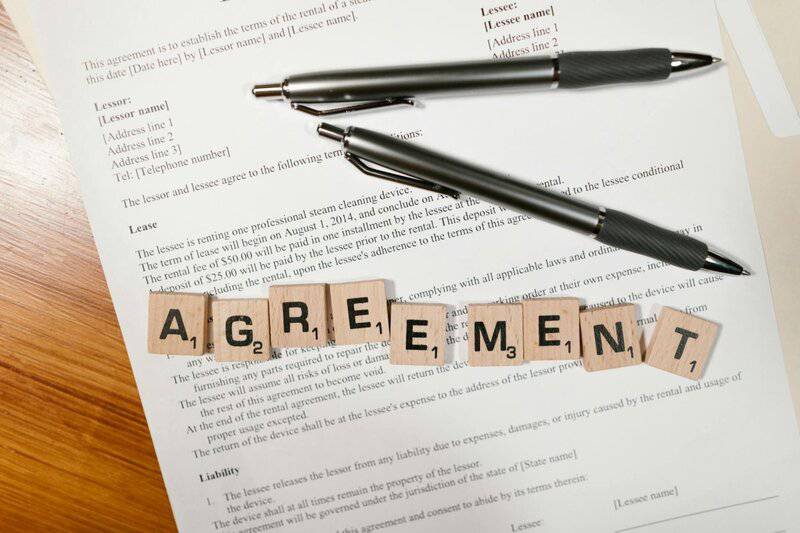Renting an apartment or home can feel straightforward, but hidden pitfalls often lurk behind appealing listings and persuasive landlords. Many renters sign agreements without fully understanding their rights, responsibilities, or potential costs, leading to stressful surprises and financial strain. Before committing your signature, it’s crucial to arm yourself with knowledge about what renting truly entails. In this article, we’ll explore 15 hard truths every prospective renter needs to know—from unexpected fees and lease traps to overlooked maintenance responsibilities and tenant rights—so you can confidently navigate your next rental journey.

















